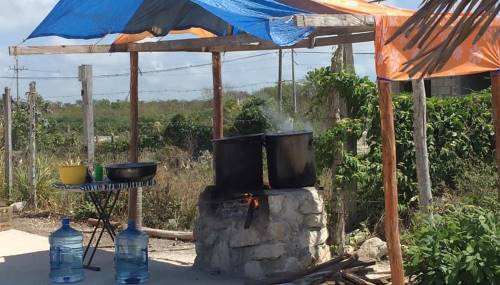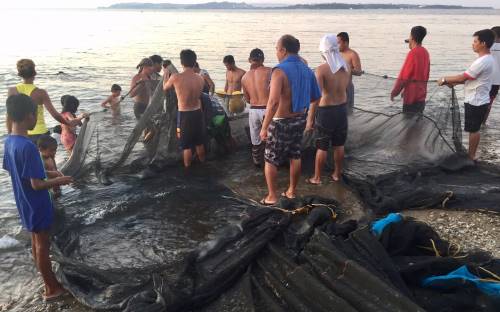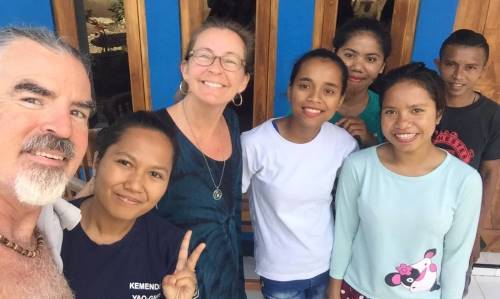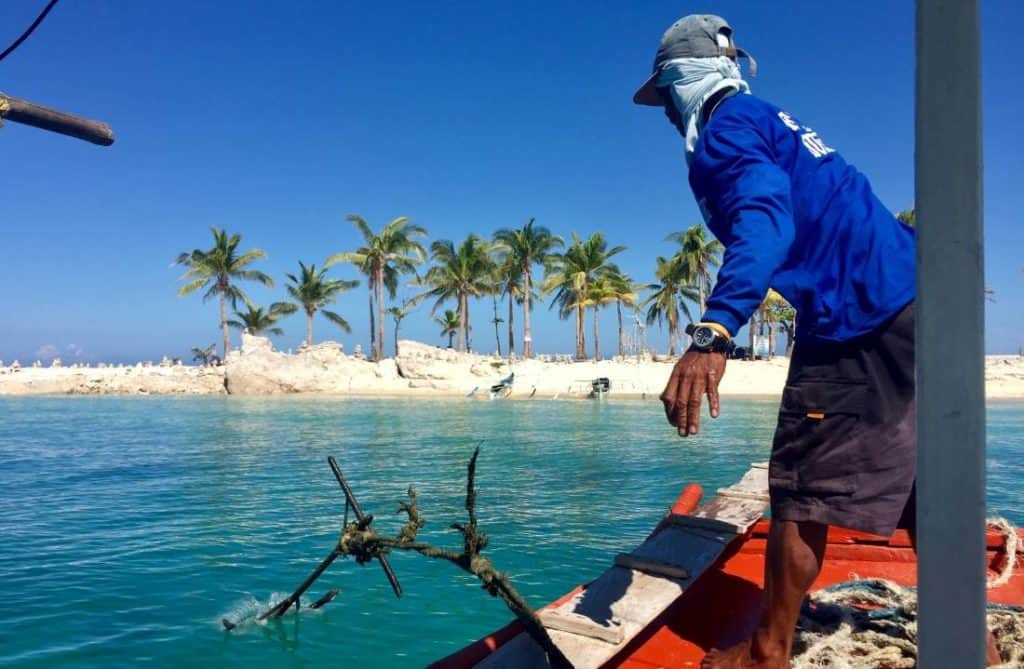Last Updated on October 28, 2024 by Ellen
I don’t know about you, but I’m upset at how many people are suffering through this coronavirus crap.
It feels like a bad dream for Americans, right? A killer virus, lockdowns, crashing markets, no jobs, no money, long bread lines — in 2020. Some of my friends are in those miles-long lines.
Now take these hard new realities, and put them in developing or third-world countries — countries that had way less than America before this pandemic. In many countries, tourism was the way out of poverty — the way to ‘get ahead.’
People behind failing tourism ‘industries’
From all over the world, I know waiters, cab drivers, people who work in tourism-related fields like diving and outsourced call centers for airlines. Their lives all upended in some way from this pandemic.
There is a waiter we met in Bali who wrote to me recently that his family is hungry – that they have nothing to eat.
Bali is saturated with tourism-related jobs. Tours, transportation, hotels, restaurants. And when the tourists don’t show up, the money isn’t there to be earned.
I know animal lovers in Thailand asking for donations to feed elephants who are starting to look alarmingly thin.
Like it or not, elephants are part of the tourism industry. And right now, there are no tourists paying to see elephants in sanctuaries or camps. But it still costs locals $30 a day to feed an elephant.
The tragedy of Mahahual, Mexico
Like Bali, there are plenty of places on the planet built up on the premise that tourism money will roll in forever. Mahahual, Mexico, is one such place.
Mahahual used to be a sleepy fishing village on Mexico’s Caribbean coast, a few hours drive south of Cancun. Over time, cruise ships brought more tourists. In recent years, thousands of vacationers stopped at Mahahual’s shore. Businesses opened – restaurants, hotels, dive shops, and more.
If I had to guess, I’d say 90 percent of the people who visited Mahahual were vacationers from cruise ships. With no cruise ships – or travel of any type – everyone is out of work.
We have several expat and local friends who live in Mahahual. We lived there for a few months back in 2016. One expat friend wrote about the dire situation in a public post on Facebook.
Here is some of it:
The volunteer community center in our town gave out 150 meals today… They also gave out 80 basic food packages… There are more than 200 families weekly lining up for the food box but at the moment the donations can only cover 80 to 100 per week. The community center has the hard job of deciding on who gets one based on their situation. Priority is going towards single women with children and those who didn’t get one the week before. People are also donating baby formula, which there is a great need for as well…
To save money on propane and feed as many people as they could they cooked today’s meals on an open fire.

If anyone wants to donate any amount to help out please message us. At the moment the demand is more than we have donations for and we are trying to feed as many people as we can for at least the next month or two until the tourists are able to come back. If anyone out there in Facebook Land can give any amount towards helping it will be greatly appreciated.
Here’s the link if anyone wants to send any donation amount:
https://paypal.me/stephenlewismusic?locale.x=en_US
She is optimistic, I fear, in estimating a return of packed cruise ships in a month or two.
Our current location
Where we are, on Panay Island in the Philippines, the people have rice from the government, and the local people fish. But fishermen aren’t always lucky.
I have seen many nets drawn up from the water with either nothing – or enough to fill a small tub with small sardines.

But I’ve also seen happy faces here during the times of big catches.
I’m less concerned about the people in my immediate surroundings. The Filipinos here have not given up on gardening or farming or fishing solely to cater to tourism, as most of Mahahual did. Filipinos are used to adversity and natural calamity with typhoons, flooding, volcanic activity. They seem more prepared for catastrophe, from my limited view in this rural area.
This also affects many owners. I keep seeing a hotel in Boracay advertise in my Facebook feed that it’s for sale. (To be clear: I’m not in the market to buy.)
How long can tourism workers hold on?
Overall, I don’t know how much longer the world of former tourism workers can “hang on” with these travel bans. News from America talks about the airlines, the oil industry, the hotel industry, and every other ‘industry’ related to the travel industry. Internationally, I see the people behind these industries.
And even when the lockdowns and travel bans are lifted, tens of millions of Americans will be thinking about their unemployment checks and food aid — not their next vacation to Mexico or the Philippines.
We still will travel. And we still will help out wherever we can – in our current and past locations.
We hope others who can, still will, too.

Pictured above: hotel workers and a driver on Flores Island in Indonesia.
Thanks for reading, “People behind failing tourism ‘industries’.”
What to read next from our Philippine Quarantine series:


Praying ?? that it all turns around for the better… always. ??